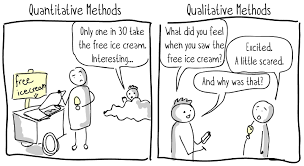Any field needs research. Through research it is possible to reveal some facts, make innovations, add to what is known and solve existing problems. Research also helps to make progress in any sphere. Progress for better and peaceful life. Therefore, good quality research should be highly valued in our world. But does it refer to any kind of research? And is research valuable in all countries? In this post I would like to touch upon some issues around research in our country, and which are important for me.
As I mentioned, there are different purposes for research to serve for. For me, the most valuable research is the kind of research which aims to solve an existing problem. In other words, if the results of a research assist in solving some practical problems in reality or at least, contributes to the knowledge of how to find solution to the problem, that type of research would be interesting for me to read. For example, I would rather appreciate a research exploring reasons and motivations of teenagers to commit suicides, rather a research which explores the lifecycle of clown-fish. The results of the first research may greatly contribute to decrease of suicides among teenagers, whereas the second research just adds knowledge, in my opinion. Nevertheless, it does not mean, that the lifecycle of clown-fish is totally unnecessary information, maybe it is valuable among biologists, and I just do not understand the whole meaning of it.
In our country there is another picture on what is perceived as valuable research. People who have power to change something in our country mostly value quantitative research which is about statistics, numbers and concrete data. Maybe it is the influence of our past, when concrete sciences like maths or physics were more valuable, maybe it is peculiarity of our people’s mind to perceive more concrete data, I do not dare to judge. But anyway, it remains obvious that without qualitative research any data becomes superficial and not sufficient.
In conclusion, I would say that no matter what kind of research and what purposes it serve, it will be always valuable if it is a good quality research.


